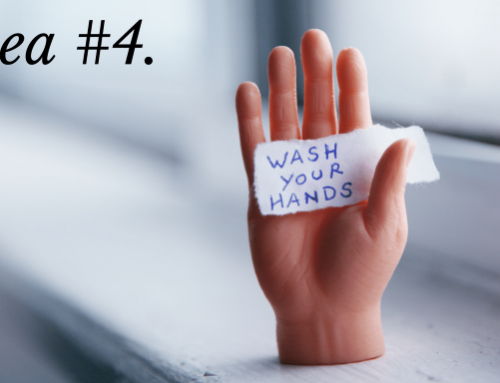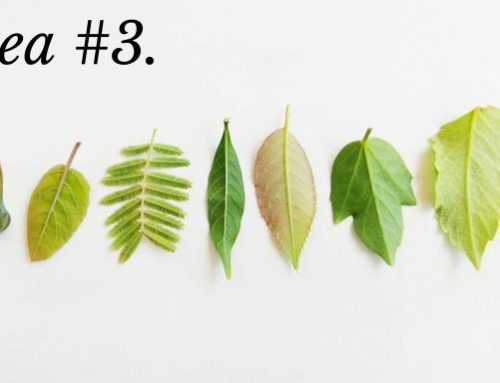Neurodiverse young people can benefit from seeing loving (not necessarily uncomplicated) relationships in action, particularly if they are going to have one themselves. Try not to allow a parent–child allegiance to form against the other parent. Your child won’t benefit from it. Showing mutual respect as a couple, even when separated or having differing opinions, can be profound.
Young people are learning how to relate to their future partner. You are modelling good communication skills, joint decision-making and acceptance of individuality and difference. Yes, accepting differences is hard but it’s essential for life as an adult. You, the parents, will be crucial in demonstrating how it can be done with love, honesty and maybe even a sense of humour. This doesn’t mean it will be easy. You’re allowed to be a human, and imperfect. But try to demonstrate how to have disagreements well. Sometimes this means coming back later to apologise for an angry comment or an unsympathetic point of view.
Sometimes one parent is good with babies while the other is better with teenagers. Swap around the Captain of the Ship role whenever it works for you.
Above all, try not to openly criticise each other. A united front can provide essential stability, and the kind of predictability that any child (but especially an autistic one) will greatly appreciate.
Just like neurotypicals, autistic young people try to get their needs met. That means they’ll usually align with the person who will give them what they need. This can look like they’re intentionally putting a wedge between you as a couple if you disagree on parenting stuff. So try and find agreement with your partner. Get on the same parenting page and learn together.
If you do have different ideas or opinions, declare them without insult or criticism. For example, tell your young person that when Parent 1 is on deck they “don’t drive the same way home every time.” Or that when Parent 2 is providing parental care and support they “like everyone to eat at the dinner table together.” This doesn’t mean their will be straightforward compliance. It means there is effort being made to be honest and open.
It’s helpful for your spectrum person to learn that different family members do things differently. And different isn’t about right or wrong. It’s about respecting another’s choices with kindness and care.
When to introduce different ideas is very much a timing thing—the autistic person’s timing, not yours. They have less flexibility and adaptability. So, choose carefully when to introduce potentially anxiety-inducing notions or plans. Ideally this will forestall shock and distress, giving your child optimal opportunity to process.
While you’re practicing cooperation, try and avoid blaming each other for an autism diagnosis. That’s not helpful. If you’re feeling frustrated and overwhelmed (and this is completely understandable!) a good therapist can be extremely helpful. Grief and loss counselling is appropriate too, as this landscape often feels like a loss of your dreams. You can even get counselling as a couple.
Stay strong as parents. You’ll need each other when you are struggling, not feeling well, need to travel or doubting yourself. Spend time together doing non-autism stuff too. Try doing some of the things you used to do before the diagnosis. It may feel hard to find that time, or even the energy, but you are parenting your hearts out and you deserve to take some time out for the two of you.
Parenting a person on the spectrum can feel like being in a panic room—intense, intense, intense. So, be kind, be kind, be kind to each other.





